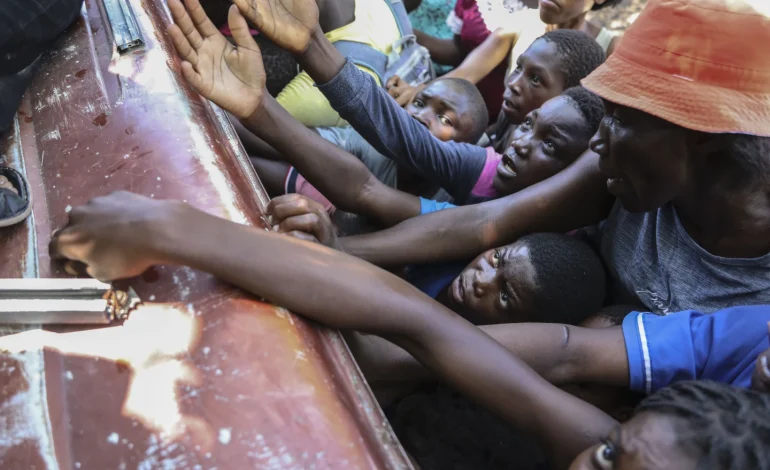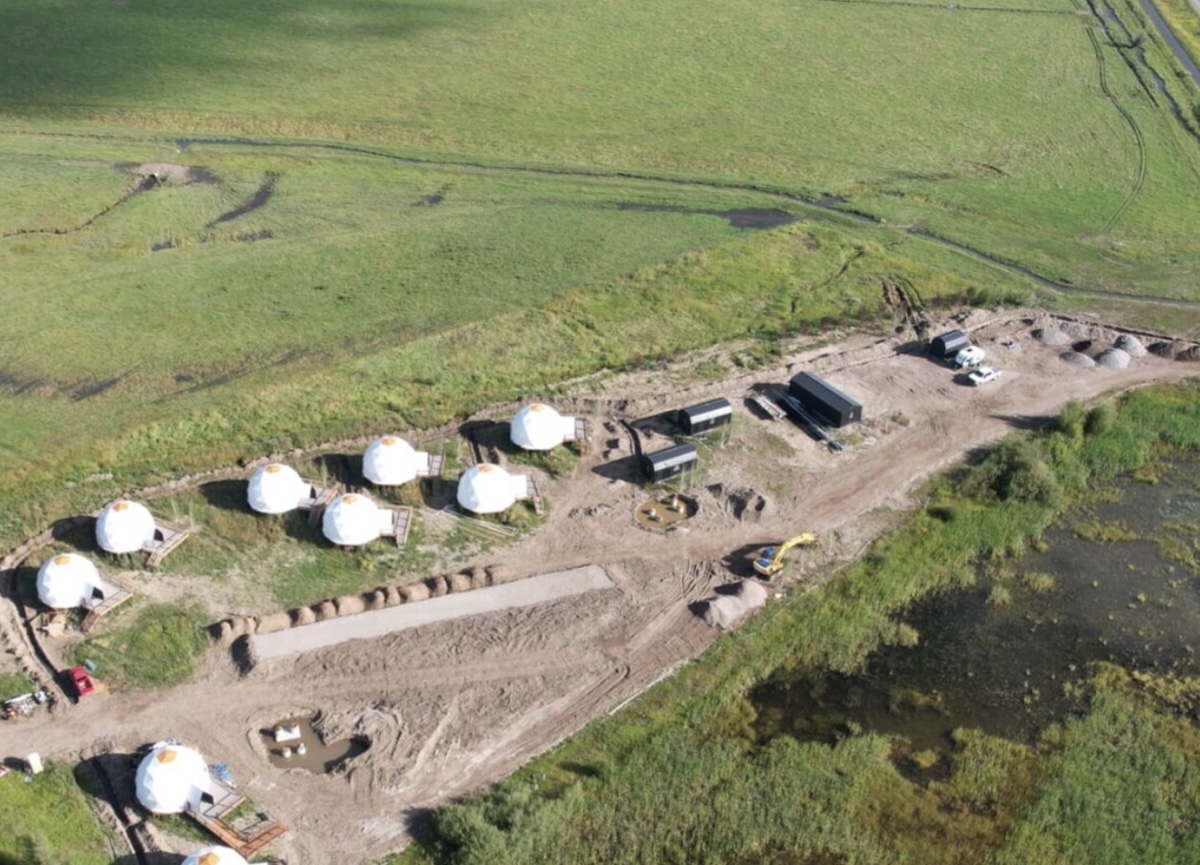Haitian Gang Violence Displaces Thousands, Leaves Dozens Dead

A brutal attack by heavily armed gang members in the early hours of Thursday morning has left at least 70 people dead and displaced nearly 6,300 in central Haiti, The Associated Press reports, citing the International Organization for Migration (IOM).
The attack in Pont-Sondé, located in the Artibonite region, saw gang members “come in shooting and breaking into the houses to steal and burn,” according to 60-year-old Sonise Mirano, who fled with her children in the darkness.
Initial estimates placed the death toll at 20, but the discovery of more bodies as access to the town became possible revealed the true extent of the massacre.
Haitian Prime Minister Garry Conille vowed that the perpetrators would face the full force of the law, while the UN Human Rights Office condemned the “horrifying” attacks. The European Union also expressed outrage, calling it “yet another escalation in the extreme violence these criminal groups are inflicting on the Haitian people.”
In response, the government has deployed an elite police unit to Pont-Sondé and sent medical supplies to the overwhelmed local hospital. Prime Minister Conille assured the population that police will remain in the area “as long as it takes to guarantee safety,” emphasizing that “the police cannot do it alone.”
The attack is the latest in a series of escalating violence in the Artibonite region, a critical food-producing area. Gang violence has intensified in recent years, with similar massacres taking place in the capital of Port-au-Prince, where 80% of the city is controlled by gangs.
The IOM reports that over 700,000 people are now internally displaced across Haiti, over half of whom are children. The situation is particularly dire in Port-au-Prince, where displaced people often reside in overcrowded sites with limited access to basic services. Families hosting those forced to flee report significant difficulties, including food shortages, overwhelmed healthcare facilities, and a lack of essential supplies.








